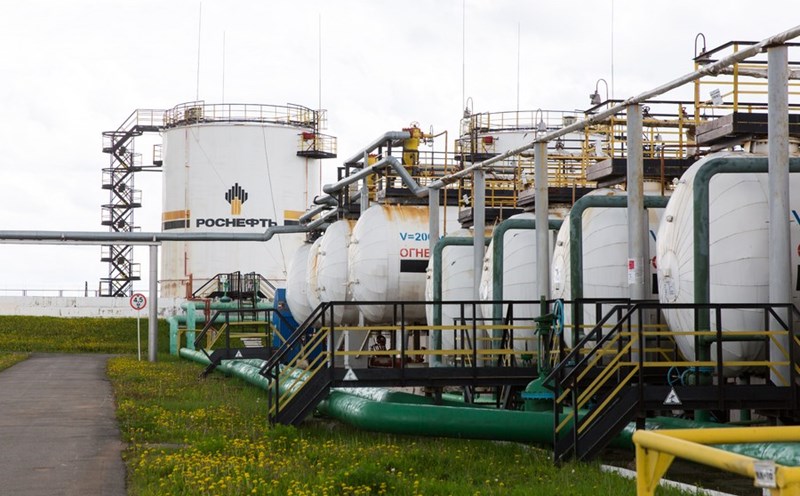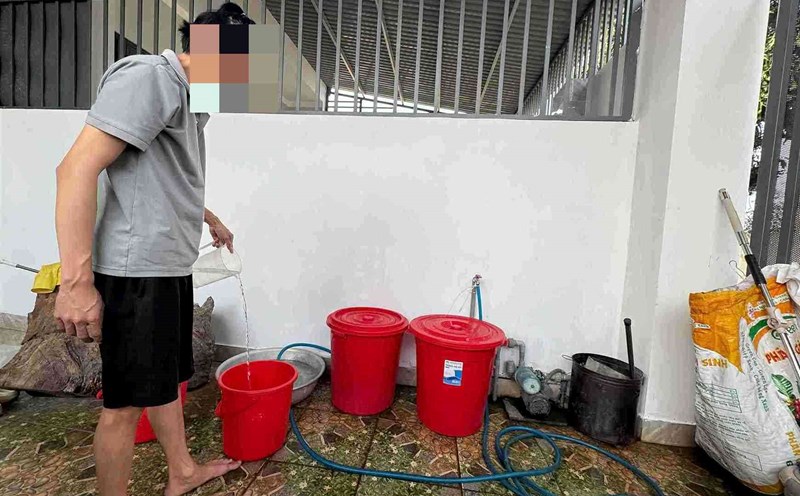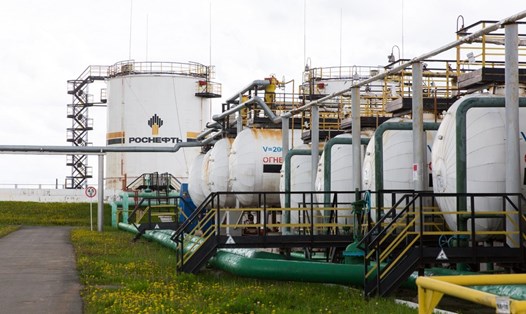RT reported that Russia is demanding more than $1.6 billion in compensation from energy giant Google after the group withdrew from the Sakhalin-2 LNG liquefied natural gas project in 2022.
The lawsuit - first disclosed by Shell in its annual report on March 25 - could have major impacts on the energy sector and Russia-Western tensions.
Sakhalin-2 LNG is one of Russia's most important liquefaction projects, located on Sakhalin Island in the Far East. However, in 2022, after the Ukraine conflict escalated and the West imposed sanctions, Shell announced its withdrawal from the project.
In October 2023, the Russian Prosecutor General's Office initiated a lawsuit against 8 entities of Shell Group. Gazprom Export, the Russian Energy Ministry, the Sakhalin Regional government, as well as Sakhalin Energy Investment and Sakhalin Energy companies were party to the complaint.
Although there were no details at the time, according to the latest report, Russia is asking the court to decide that Shell illegally left the project, and demand 1.5 billion euros (about 1.6 billion USD) in compensation from Shell Energy Europe Limited for not paying for gas in 2022.
In addition, Russia also wants to seize 94 billion rubles ($1.1 billion) that are being frozen in Russian deposit accounts, which is believed to be the value that Shell has given up in Sakhalin-2 LNG.
Shell filed a request to postpone the trial in January, but a new trial is scheduled to take place at the Moscow Arbitration Court on April 14.
Meanwhile, Shell said it could not assess the impact of the lawsuit on the group's business operations, profits, cash flow and financial situation.
In 2022, Russian President Vladimir Putin signed a decree transferring all assets of Sakhalin Energy, the company that runs the Sakhalin-2 project, to a new Russia-based entities, Sakhalin Energy LLC.
Foreign shareholders, including Japans Mitsui and Mitsubishi, are allowed to retain their corresponding stakes in the new company.
However, Shell - which holds a 27.5% stake minus one share - refused to participate, prompting the Russian government to resell the stake to a Gazprom subsidiary for about $1 billion.
The money is still frozen in a type C account, which Russia set up to block capital flows abroad due to Western sanctions.
The lawsuit is part of a broader legal and economic war between Russia and Western corporations after a series of companies withdrew from the Russian market. If Moscow wins the case, Shell will not only lose huge sums of compensation but could also create a dangerous precedent for Western businesses that have left Russia.
The April 14 trial will be a key event, deciding whether Shell can evade legal liability or accept one of the largest losses in the history of the energy industry.











